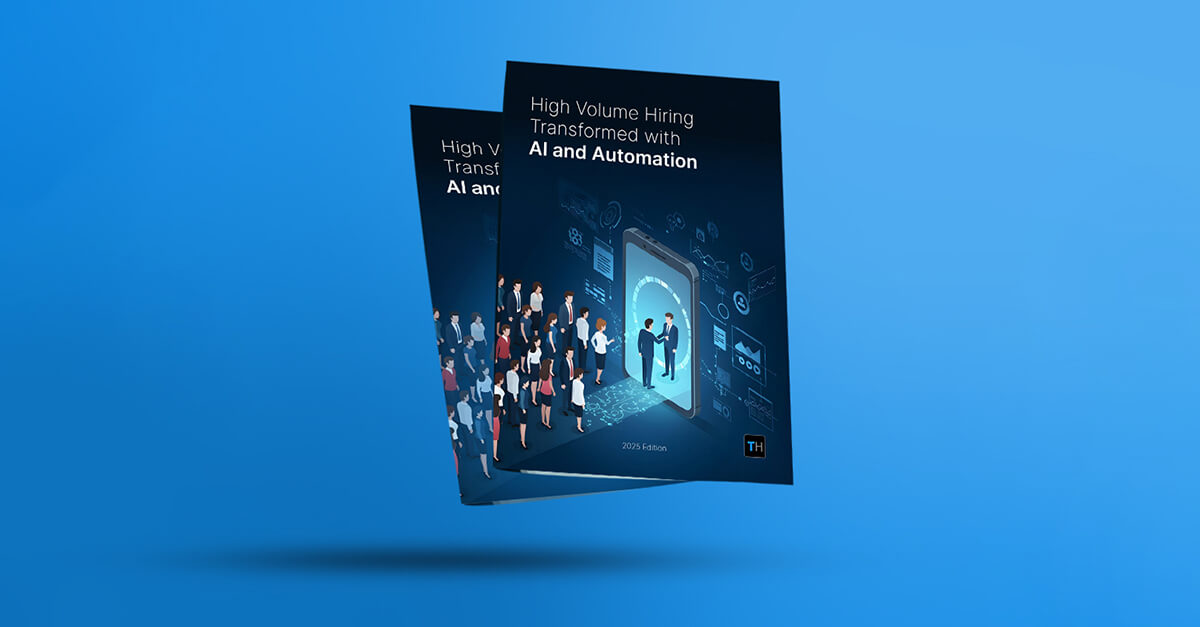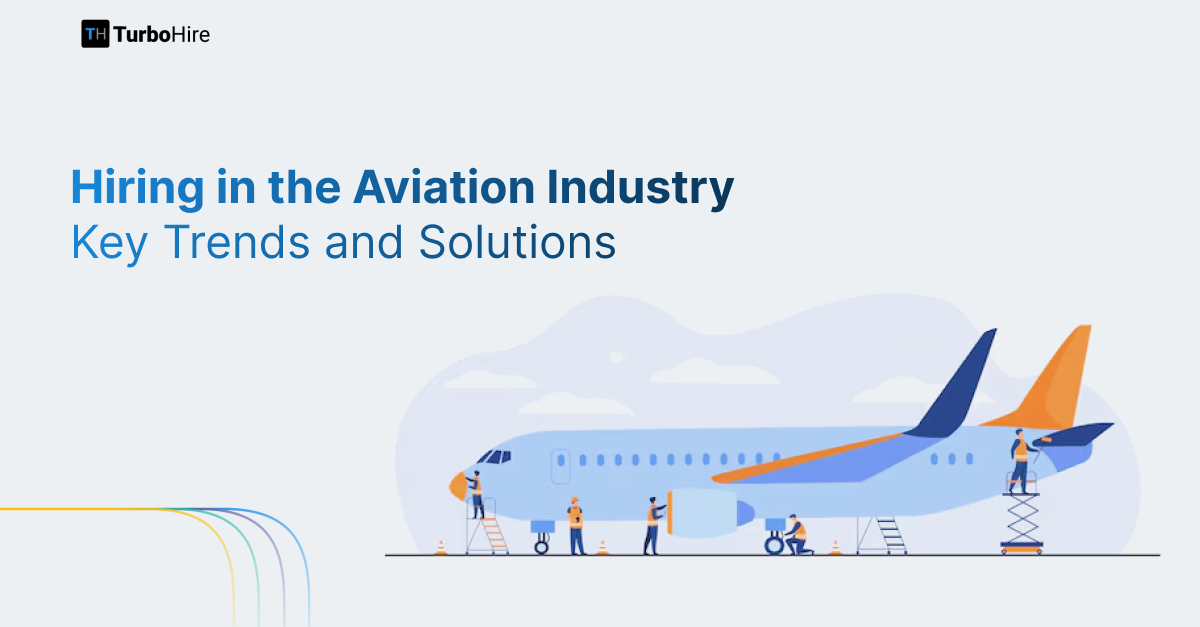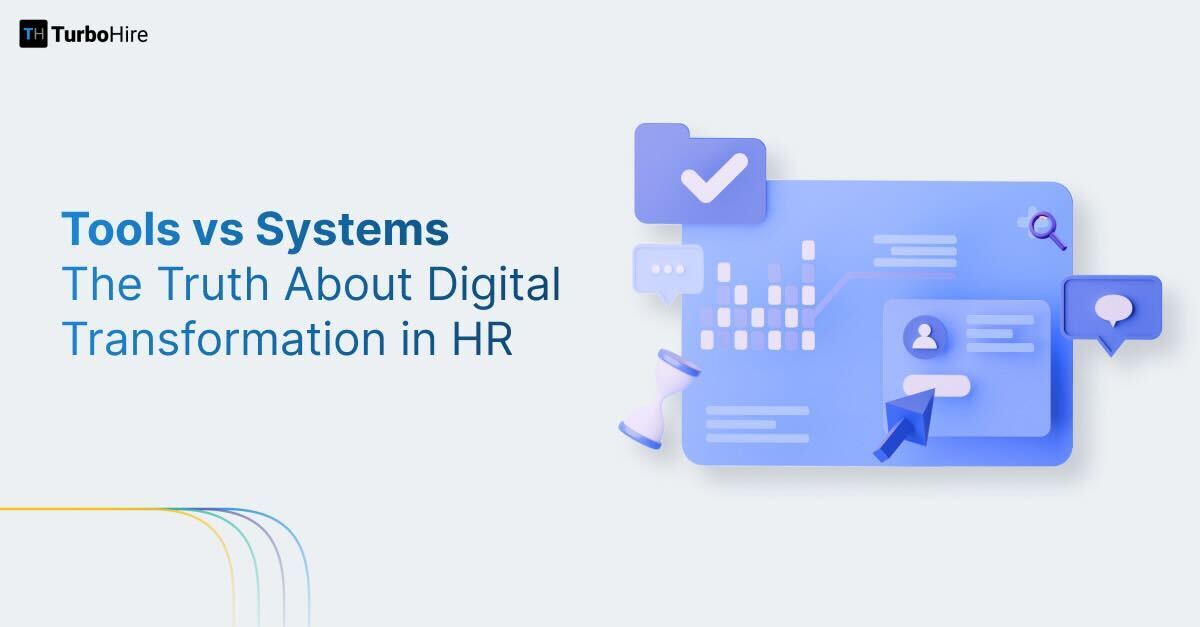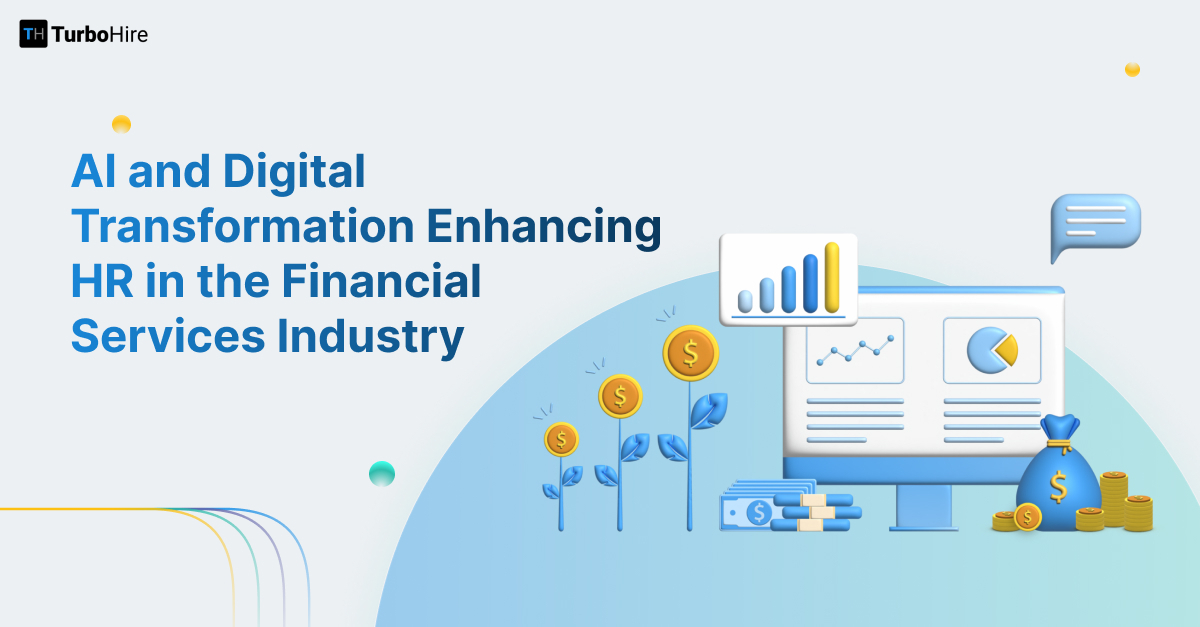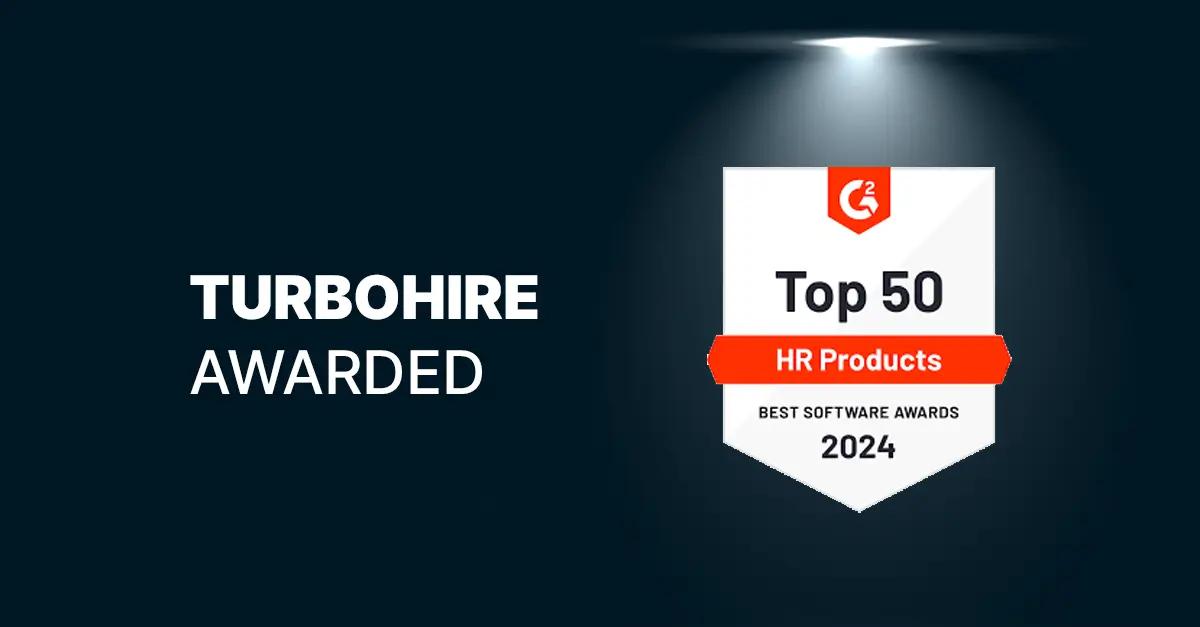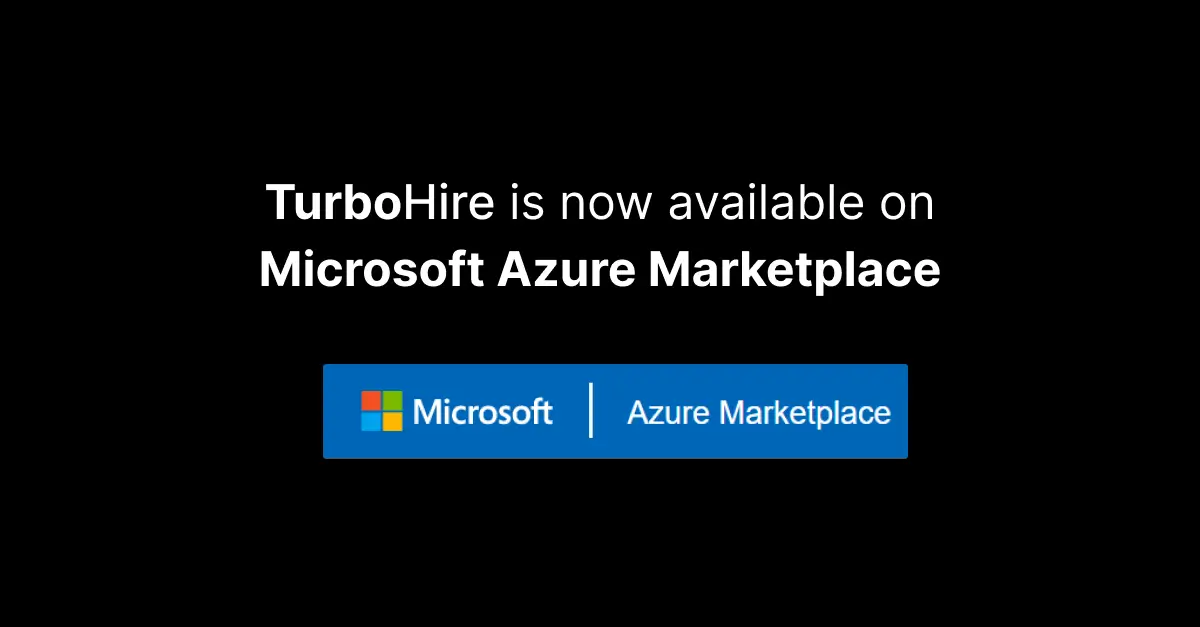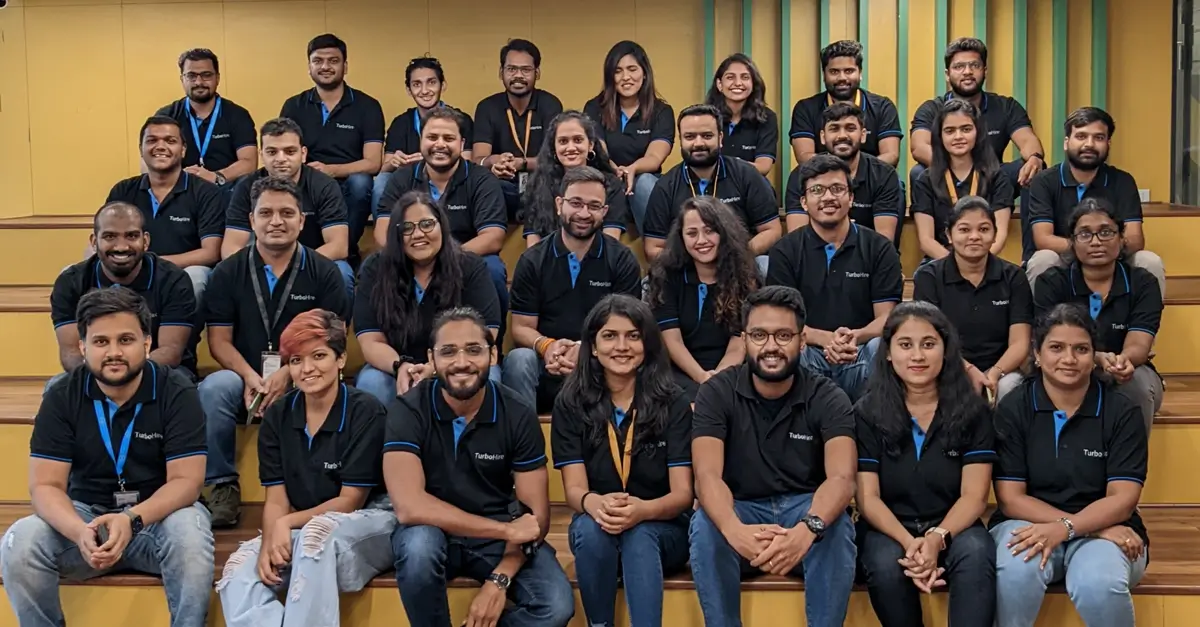Introduction
The healthcare and medical sectors are quickly growing and transforming, especially in the area of medicine. The pharmaceutical industry plays a crucial role in this development, constantly adjusting to new inventions, following strict rules, and caring for patient’s needs. With the rise of new technologies and different ways of providing healthcare, finding the right people to work in pharmaceuticals is becoming increasingly important and challenging. This challenge has grown even more with the COVID-19 pandemic, which has pushed the industry to grow quickly and highlighted the importance of having qualified and/or skilled workers.
The pandemic put a lot of pressure on healthcare systems and emphasised how crucial the pharmaceutical industry is during health crises. With many healthcare providers and pharmaceutical companies struggling with not having enough staff, too much work, and many job openings, finding the right talent is a big challenge. Recruiters in the pharmaceutical industry need to be very adaptable and proactive in understanding and meeting the market’s changing needs to attract and keep good employees.
Additionally, the industry’s quick changes mean that finding the right people for specific jobs is tough, requiring recruiters to be very knowledgeable about the latest hiring trends and methods. This blog will look into the top hiring trends in the pharmaceutical industry for this year, 2024, giving a detailed guide to improving hiring strategies in this complex and changing environment, making it easier for those hiring to understand what’s going on in the market.
Now, let’s explore the top 9 trends in talent acquisition within the pharmaceutical industry this year that will enhance your recruitment approach:
The Top 9 Trends
1. Candidates now have the Upper Hand
The pharmaceutical sector has gone through a tremendous transition, with candidates for employment now holding greater power than previously. Instead of being worried about interviews, talented candidates might ask companies, “Why should I work for you?” This is due to the strong demand for their unique skills in a field with a talent shortage. Recruiters must improve their employer identity and candidate experience to make their opportunities stand out among competing offers.
To attract the most qualified candidates, companies must improve their recruitment workflows, maintain effective communication, and highlight the distinctive advantages they offer. A major advance in 2023 is the use of pre-boarding procedures, which incorporate new employees into the company culture before they formally start, thereby boosting talent retention while decreasing the possibility of them accepting counter offers from their present employers.
2. The Impact of Corporate Culture on Success
The importance of a robust company culture has long been recognized as a crucial element of financial success by business leaders and industry analysts alike. The COVID-19 pandemic has dramatically transformed corporate cultures across the globe, prompting a significant shift towards hybrid or fully remote work environments. This evolution has introduced new challenges in managing employee perceptions and attitudes, while also highlighting the growing appreciation among the workforce for employment flexibility and a better work/life balance.
In the aftermath of the economic upheaval following the Great Resignation1 of 2021, a study by McKinsey2 revealed that an astounding 40% of workers worldwide were considering leaving their jobs in the near future. This statistic underscores the urgency for businesses to adapt their strategies to retain talent. Companies are now tasked with creating an environment where employees feel deeply valued, respected, and recognized for more than just their contributions to their job roles.
In the context of remote work arrangements, this means fostering a culture of trust in employees’ work ethics, ensuring easy access to mental health support, and strengthening team connections within a fast-paced, hybrid work environment. Embracing these principles is essential for businesses aiming to thrive in the current economic landscape. By prioritising the well-being and satisfaction of their employees, companies can not only enhance their attractiveness as employers but also bolster their overall performance and sustainability in the long term.
3. The Importance of Experienced Talent Acquisition Partners
A comprehensive analysis conducted by Korn Ferry3 anticipates a significant talent shortage that could lead to 85 million jobs remaining unfilled by 2030. This gap between supply and demand for skilled labour is becoming increasingly apparent, especially within the competitive landscape of the pharmaceutical industry. Here, the demand for specific, highly specialised skills is at a premium, making the recruitment of suitable candidates a critical challenge. In response to this growing issue, many companies are turning to outsourcing as a viable solution to expand their search beyond the traditional candidate pool, thereby accessing a broader and more diverse array of potential hires.
Starcircle, a company that specialises in talent acquisition, distinguishes itself within this competitive environment through its innovative approach. Leveraging a combination of cutting-edge technology and extensive industry experience, Starcircle is adept at identifying and attracting hard-to-find talent. This approach not only minimises hiring friction but also significantly broadens the talent pool available to organisations. By employing such strategies, companies can effectively address the challenges posed by the looming talent shortage, ensuring they remain competitive and can secure the highly skilled professionals necessary for their continued success. This strategic focus on innovative talent acquisition is poised to become a crucial factor in navigating the complexities of the modern job market.
4. Leveraging AI for Efficient Candidate Sourcing
Artificial Intelligence (AI) is revolutionising the talent acquisition landscape, transitioning it into a significantly more data-driven, efficient, and precise realm. By integrating AI technologies into the recruitment process, organisations can harness the power of sophisticated algorithms to enhance candidate sourcing. This involves evaluating applications not just based on basic qualifications but across a wide array of criteria, including potential cultural fit, skill compatibility, and future performance prediction. Such an approach allows for a more nuanced understanding of the applicant pool, optimising the recruiting pipeline from initial contact through to the final hiring decision.
The benefits of leveraging AI in recruitment are manifold. First and foremost, it facilitates access to a larger and more diverse candidate pool. By automating the initial screening process, AI tools can quickly analyse vast quantities of applications, identifying top candidates with speed and accuracy that far surpasses traditional methods. This not only speeds up the hiring process but also ensures that no potential talent is overlooked due to manual screening limitations.
Additionally, AI makes more efficient use of existing talent databases. Many organisations possess extensive databases of past applicants and potential candidates, but these resources are often underutilised. AI can reinvigorate these talent pools by actively matching previous candidates with new vacancies, ensuring that valuable leads are never wasted.
5. Tapping into Passive Talent
In industries like pharmaceuticals, where specialised roles are the norm, relying solely on active job seekers restricts the pool of potential candidates, overlooking the vast segment of passive talent. This group, not actively seeking new roles but possibly open to opportunities, represents a rich source of high-quality candidates. Starcircle highlights the pivotal role of data in tapping into this segment, advocating for the use of data analytics and market intelligence to identify and engage these individuals.
Leveraging data allows recruiters to expand their talent pool beyond traditional boundaries, engaging with passive candidates who possess the necessary skills and experience but are not actively on the job hunt. This approach not only diversifies the candidate pool but also enhances the effectiveness of recruitment strategies, enabling organisations to meet their specialised staffing needs in a competitive market. By adopting data-driven tactics, companies can proactively approach potential candidates, making informed decisions that contribute to a more dynamic and successful hiring process.
6. The Rise of Digitalization and Data Science
Data science and digital transformation are driving innovation in the pharmaceutical sector, with the adoption of electronic health records (EHRs) in drug discovery and the analysis of real-world data (RWD) leading the charge. These technologies improve patient outcomes, streamline operations, and speed up the development of new treatments. The demand for professionals skilled in data analytics, bioinformatics, and informatics is soaring as the industry seeks to leverage data for evidence-based decisions. This shift towards a data-driven approach highlights the critical role of advanced analytics in enhancing patient health, optimising clinical trials, and guiding the discovery of groundbreaking pharmaceuticals.
7. Prioritizing Value-based Care and Patient-centricity.
Patient-centeredness is now a cornerstone in pharmaceutical research and commercialization, marking a significant shift towards prioritizing the needs and preferences of patients. Pharmaceutical companies are actively seeking individuals who possess a deep understanding of patient needs, can effectively advocate on their behalf, and are committed to ensuring that treatments are customized to meet individual preferences and requirements. This evolution towards a more value-based care model highlights the industry’s increasing emphasis on compassion, meaningful interaction, and the integration of patient insights into the development and delivery of healthcare solutions. The move reflects a broader trend of placing the patient at the heart of healthcare decisions, underscoring the importance of empathy and patient engagement in driving positive health outcomes.
8. Work Models for Remote and Hybrid Employees
Industries, especially pharmaceutical corporations, are operating differently as a result of the global pandemic. With the rise in popularity of remote and hybrid work arrangements, companies may now access a larger talent pool without regard to geographic constraints. Candidates benefit from this trend by having more flexibility and a better work-life balance, while employers can look into a wider range of talent alternatives. Having said that, I notice that more businesses these days appear to be gravitating toward hybrid.
9. Diversity, Equity, and Inclusion
Pharmaceutical companies are increasingly prioritizing diversity, equality, and inclusion (DEI) to boost innovation and problem-solving. Recognizing the benefits of a diverse workforce, these corporations are actively seeking candidates who advocate for and contribute to an inclusive workplace environment. This emphasis on DEI aims to enhance creativity and better meet the needs of diverse patient populations, reflecting a commitment to fostering a workplace where all employees can thrive and contribute their unique insights.
External Factors Influencing Recruitment in the Pharma Industry
The pharmaceutical industry is witnessing a transformation in its hiring landscape, influenced by evolving technology and regulatory changes. These trends are reshaping how companies attract, retain, and develop talent to meet the future demands of healthcare.
1. Demand for Highly Skilled Labour
The pharmaceutical sector in India requires a workforce capable of managing automated processes while adhering to tight regulatory norms. To expand the talent pool, Indian pharmaceutical businesses are looking for new recruitment tactics. They utilize innovative tools and processes to efficiently find and hire qualified people for specific vacancies. As the sector advances significantly in automation, new professions are being created while others are being phased out. As a result, it is critical for these organizations to carefully examine their requirements and strategically organize their talent acquisition activities.
2. Regulatory Compliance is the Need of the Hour.
Domestic pharmaceutical firms are keen to explore and enter new regions and markets. They are actively enhancing their operations and workflows to align with the latest regulatory standards. To achieve this, companies seek professionals who are well-versed in the local regulatory landscape and can drive swift market expansion efficiently.
Good Manufacturing Practices (GMP) serve as essential guidelines for the operation of pharmaceutical entities. Strict regulatory frameworks govern the manufacturing processes, requiring companies to adhere closely and employees to ensure adherence. Consequently, flexibility and integrity emerge as key factors in this context.
3. The Government's focus on 'Make in India'
The pharmaceutical sector in India is experiencing a surge of growth coinciding with the Indian government’s focused efforts on the “Make in India” initiative, bringing the industry under a significant spotlight. Indian pharmaceutical companies have excelled, drawing enhanced investments in healthcare from government and private sources alike. This influx of funding has, in turn, encouraged new graduates and high-caliber professionals to consider careers within this burgeoning field.
4. Digitization and Industry 4.0
Digital transformation and automation have become increasingly important with the introduction of Industry 4.0. In the past, the pharmaceutical industry has been slower to adopt new technology than other industries. However, the COVID-19 pandemic has accelerated this change to digitalization. This change affects more than just production and R&D centres; it also has an impact on how goods are promoted and sold.
A new market niche has been created with the emergence of online pharmacy platforms such as PharmEasy, Netmeds, and Tata 1mg, which provide producers with an inventive means of distribution. Pharmaceutical firms are increasingly looking for people with a specific skill set to succeed in this digital marketplace, which has led to the recruitment of a wide spectrum of specialists in the sector.
Conclusion
The pharmaceutical industry is undergoing substantial transformation, and recruitment techniques are evolving to adapt to these new challenges. Keeping up with these changing trends is critical for talent acquisition professionals to successfully navigate the shifting terrain of pharmaceutical recruitment. It is critical to emphasize digital transformation, focus on patient-centred approaches, adapt to new employment arrangements, advocate for diversity, and stay up to date on breakthroughs in targeted treatments. Adopting these tactics will assist you grow in the rapidly evolving pharmaceutical sector.
